Math/Numeracy
Recent Newsletter Articles
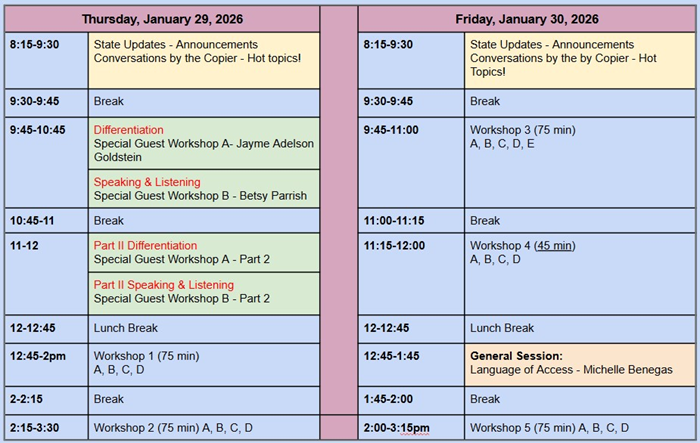
2026 Language & Literacy Institute: Registration Now Open!
Join us for the 2026 Language & Literacy (virtual) Institute on January 29-30, 2026! This two-day conference offers language and literacy-related workshops that you will NOT want to miss, including featured presentations by Jayme Adelson-Goldsten, Betsy Parrish, and Michelle Benegas. If you teach any aspect of language and literacy—at any level—this event is for you! Read More

From Mimicking to Sense-Making in Math: Insights from Pam Harris
Learn how nationally known educator Pam Harris helps teachers reframe instruction, nurture student reasoning, and make math truly "figureoutable"—and plan on attending the Math Institute on November 7 to hear from Pam live! Read More

Instructional Routines: A Powerful Tool for Adult Education Math Classrooms
The folks at the Adult Numeracy Network (ANN) have built a collection of resources to help adult education teachers bring instructional routines into their math classes. Learn about instructional routines and how they benefit both instructors and students! Read More

Students Need Your Conceptual Understanding!
At Math Institute last November, we had the pleasure of welcoming Amy Vickers, former MN math leader and current math teacher at Nicolet College, to lead us in an engaging workshop around an important topic: Students Need Your Conceptual Understanding. Read More
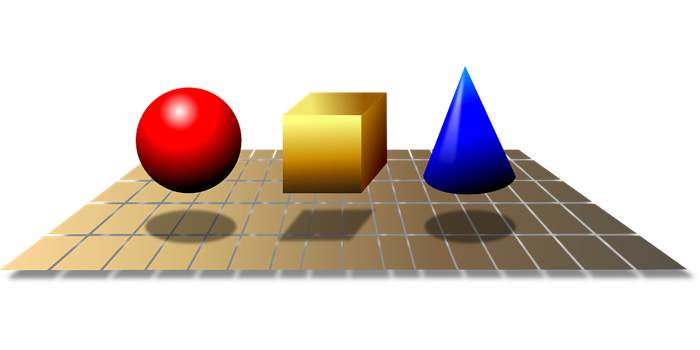
Understanding the Geometry Formulas on the GED Formula Sheet
Have you wondered where the geometry formulas used on the Math GED exam come from? In case you missed it, Mark Trushkowsky presented an excellent session at Summer Institute. This article summarizes some key ideas from the presentation. Read More
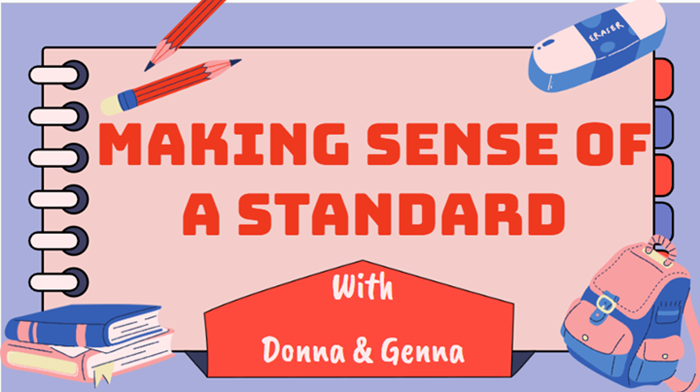
Exploring Level D/E Standards
In cased you missed it! Check out the recap of the session "Exploring level D/E Standards" that was presented at the 2024 Math Institute, and learn about several helpful resources that were shared. Read More
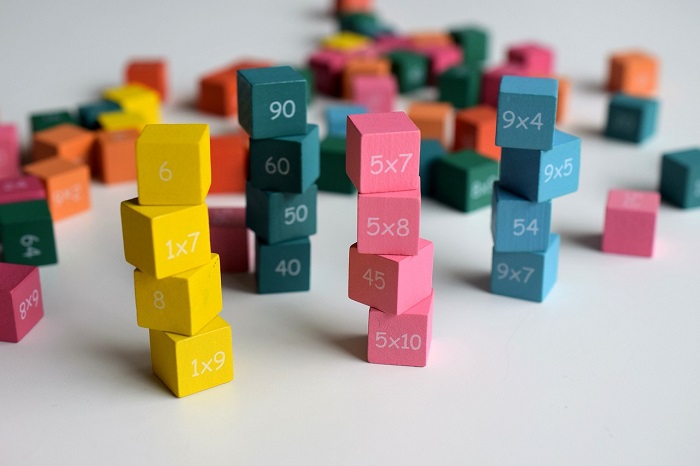
Cultivating Curiosity: Math Routines in Action
This article shares how one teacher revitalized their math classroom using simple yet powerful routines learned at Summer Institute. The article looks at both the successes and challenges of implementing the low-prep routines of Problem Strings and "I Have, You Need." Read More
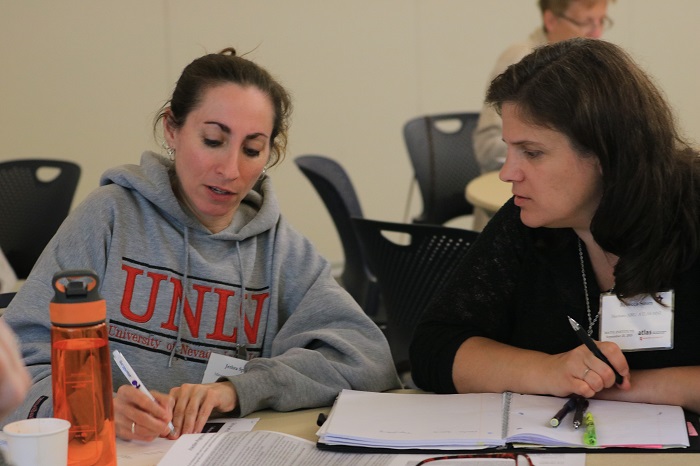
Teaching Numeracy to Adults – Call for Applications!
The upcoming Teaching Numeracy to Adults initiative focuses on the actual teaching of math/numeracy, not just standards implementation. This cohort takes place over 8 weeks and involves an online course via Canvas, live webinars, and partner work. Participants will also have the option of receiving two graduate credits through Hamline University. The next cohort starts February 3, 2025! Read More

Number Challenges: Dyscalculia in Adult Education
Do you have some students who struggle with making sense of math concepts more than others? Many factors are at play that affect our ability to do math, including a specific learning disorder called dyscalculia. Learn more about dyscalculia and ATLAS work that aims to assist teachers in understanding dyscalculia and responding effectively in the classroom. Read More
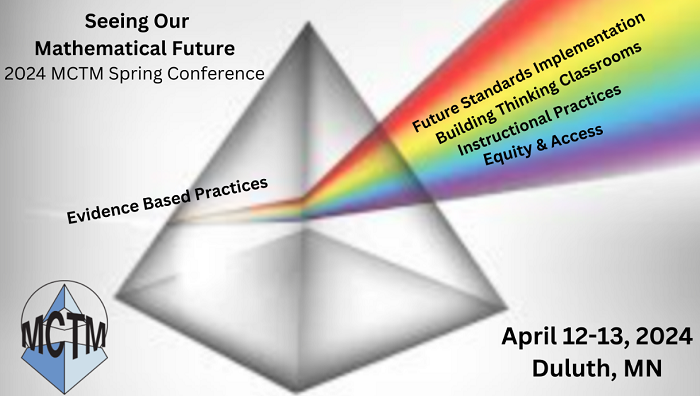
MCTM Spring Conference 2024
The theme of this year’s Minnesota Council of Teachers of Mathematics (MCTM) spring conference is Seeing Our Mathematical Future. Come learn from engaging presenters and network with teachers from K-12, 2-year colleges, and other adult education programs. Scholarships from ATLAS are available! Read More